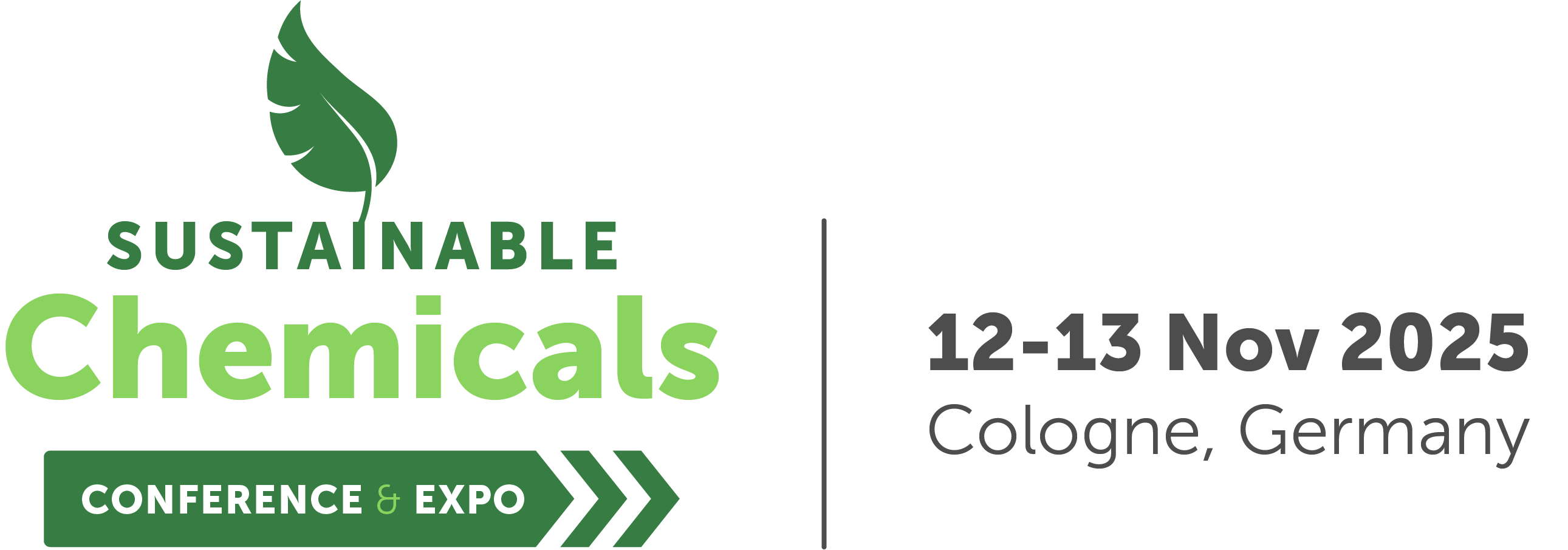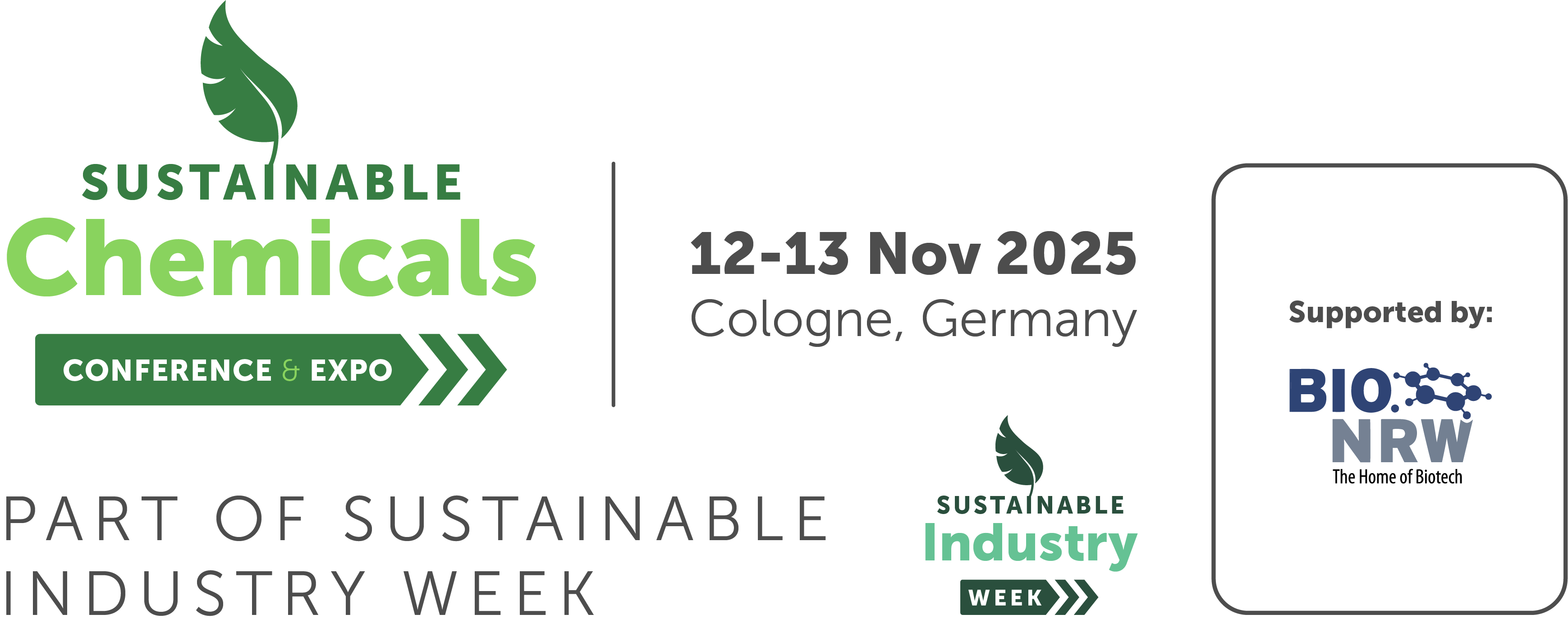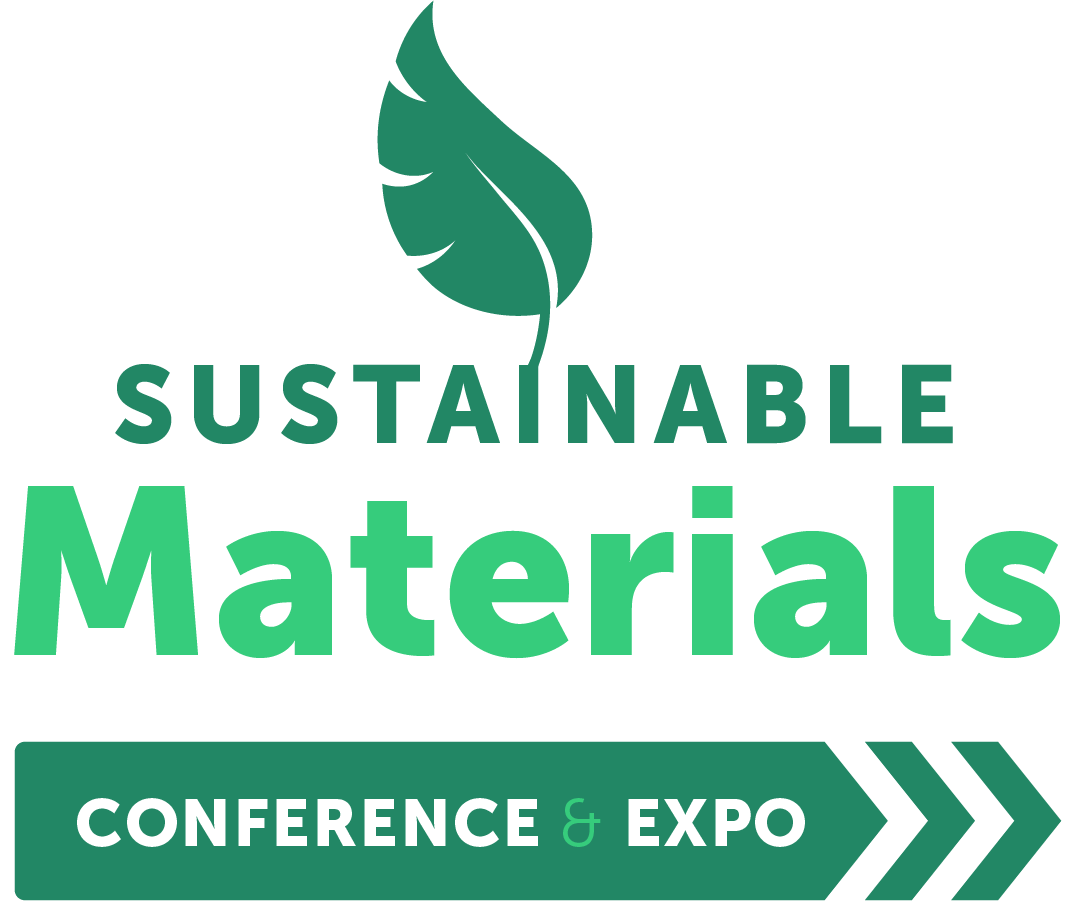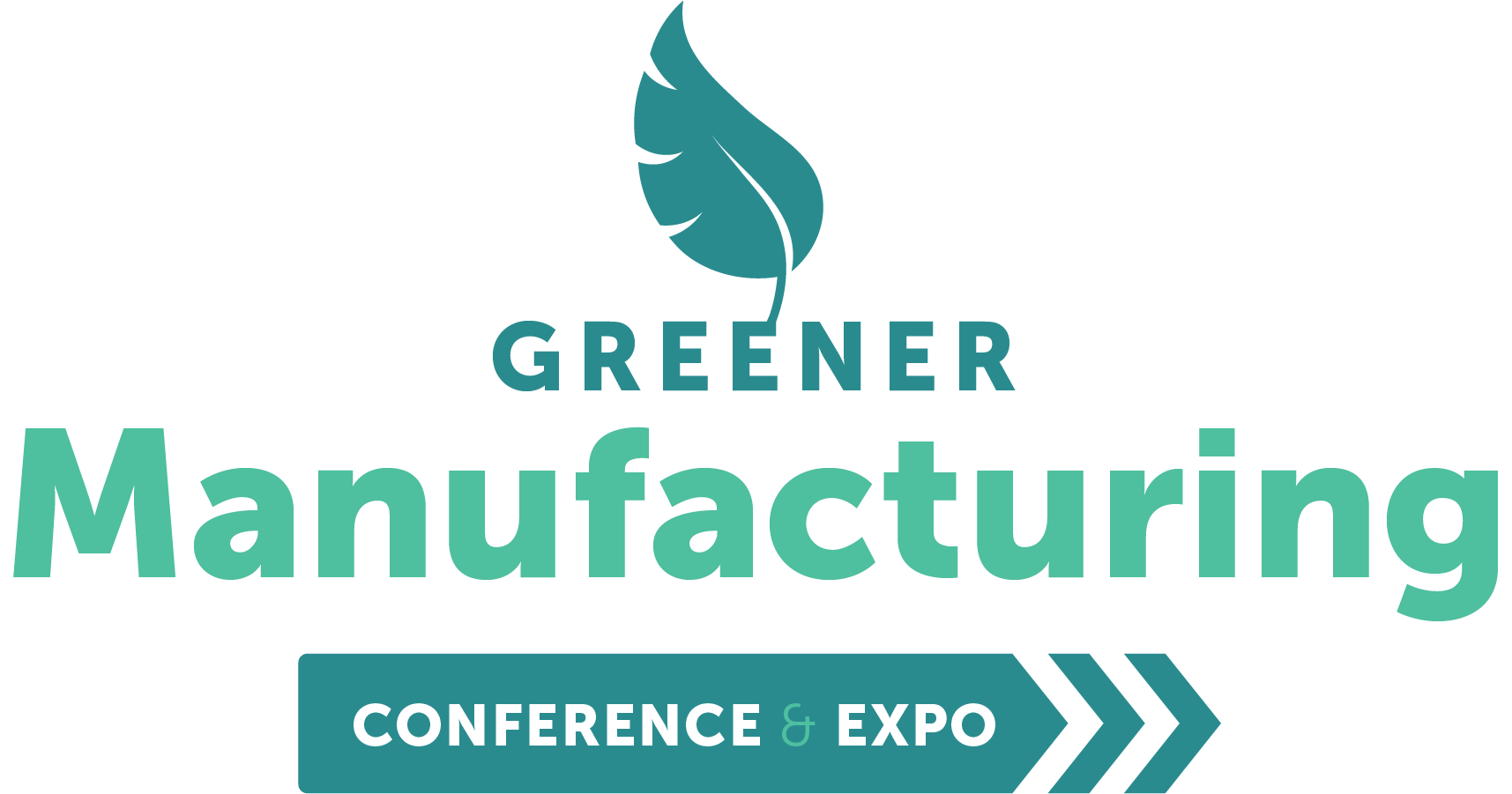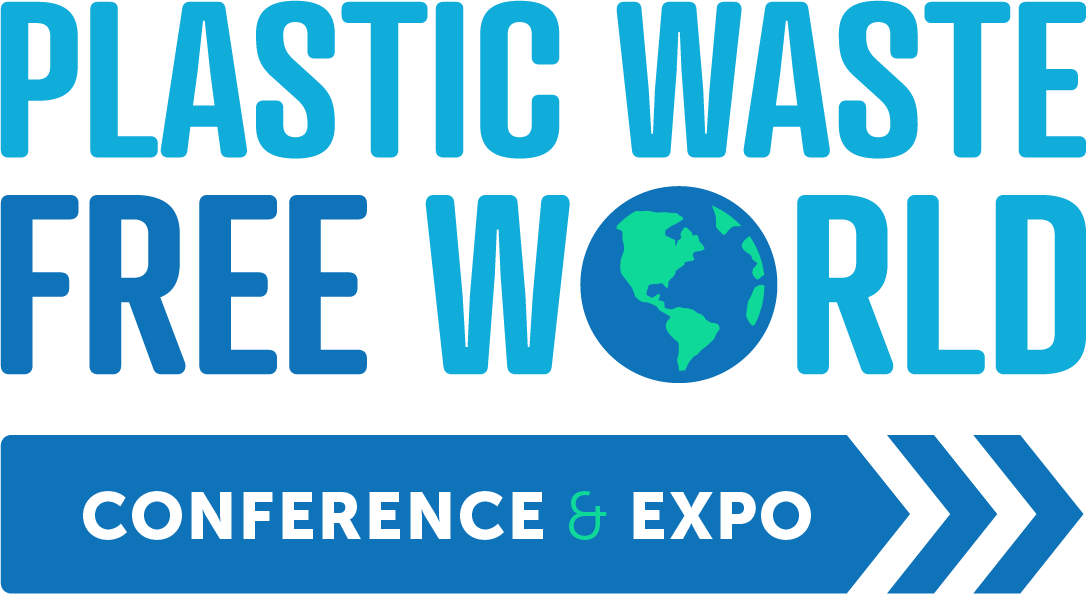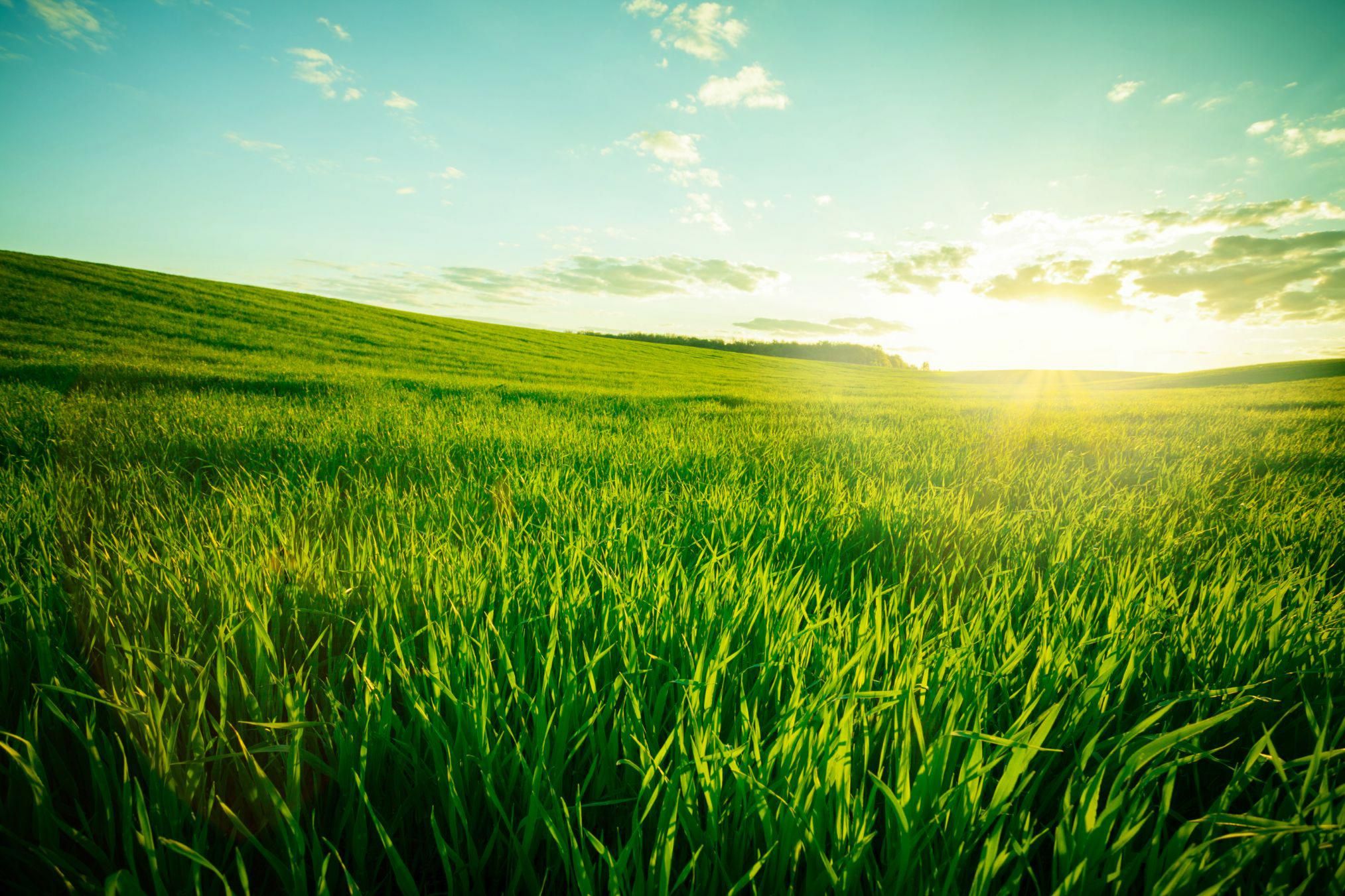From Science to People: the role of Fibrenamics in sustainable materials to respond to societal challenges
14 Nov 2024
The Sustainable Materials Stage
Sustainable Materials
The Fibrenamics Association, Institute of Innovation in Fibrous and Composite Materials, from the University of Minho, is an interface centre for generating, enhancing, and transferring advanced knowledge in fibrous and composite materials, operating under the motto 'From Science to People'. Our mission is to design and implement integrated and customised research and technological development solutions in plastic composite and fibrous materials (synthetic and natural), contributing to the differentiation and competitiveness of the companies with which collaborations have been established. In polymer composites, the transformation, recovery and incorporation of industrial waste such as slate, lignin, cork, fishing nets, wood, pineapple leaves, solid urban waste slags, coffee grounds and textile waste have been explored. In fibrous polymer composites, the use of materials of natural origin, which are recyclable or biodegradable, has been adopted to promote sustainability and the concept of circular economy. To this end, the use of natural fibres such as jute, flax, hemp, coconut, banana and sisal, plastics of natural origin, recyclable or biodegradable, such as PLA, PHA, PBAT, TPS, PHB, etc. has contributed. In addition to this sustainable component, using these materials has enabled the development of functionalised composite solutions with antimicrobial characteristics, UV protection, barrier effect, humidity control, self-cleaning, anti-static, etc. These polymer composites have been applied in areas such as the automotive sector, construction, the food packaging sector, the textile industry, the biomedical industry, etc. Fibrenamics' outlook for the future is to deepen its knowledge and skills in the areas described above but also to explore new opportunities such as the valorisation of agroforestry, marine and industrial waste of natural origin for the extraction, through physical and chemical processes, of new materials such as fibres, monomers, polymers and nanomaterials. Another area to be explored is the development of new biopolymers, through the extrusion process to produce masterbatches, from resources of natural origin, such as food waste, which have highly versatile properties and applications, always focusing on sustainability and biodegradability. Finally, the upcycling of recycled polymers, through repolymerization in a reactive extrusion process with chain extenders, to apply them in more demanding areas, is an area where Fibrenamics is currently working.
